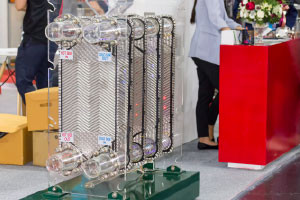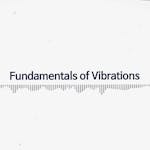Description
In this course, you will:
- Methods for getting machine building blanks.
- the physical and chemical properties of metals during casting, welding, and metal forming processes.
- The impact of the material, the process of obtaining blanks, and the technological capabilities of the equipment on the operational attributes of machine components.
- Technology and equipment used in cast blank manufacture.
- Technology and equipment used in the metal-forming blank production process.
- Technology and equipment used to create permanent joins through welding.
Syllabus:
1. Theoretical foundation of foundry production
- Foundry production
- Casting properties of alloys. Fluidity. Gas absorption. Segregat
- Casting properties of alloys. Shrinkage.
- Casting properties of alloys. Cracking tendency.
- Casting mold
2. Main methods of manufacturing engineering blanks by casting
- Methods of making castings. Sand-clay casting
- Special methods of casting
- Casting in metal molds.
3. Theoretical foundations of the plastic deformation of metals.
- Metal forming
- Basic laws of metal forming. Stress and strain state diagrams.
- Methods of metal forming. Rolling.
4. Main methods of manufacturing engineering blanks - 1
- Pressing. Drawing
- Forging
- Bulk stamping
- Sheet stamping
5. Main methods of manufacturing engineering blanks - 2
- Welding of metals
- Electric arc welding
- Varieties of electric arc welding
- Gas welding. Plasma welding
- Laser welding. Electroslag welding
6. Main methods of manufacturing engineering blanks - 3
- Pressure welding. Resistance spot welding
- Resistance roller and butt welding
- Cold pressure welding. Friction welding. Explosion welding.









